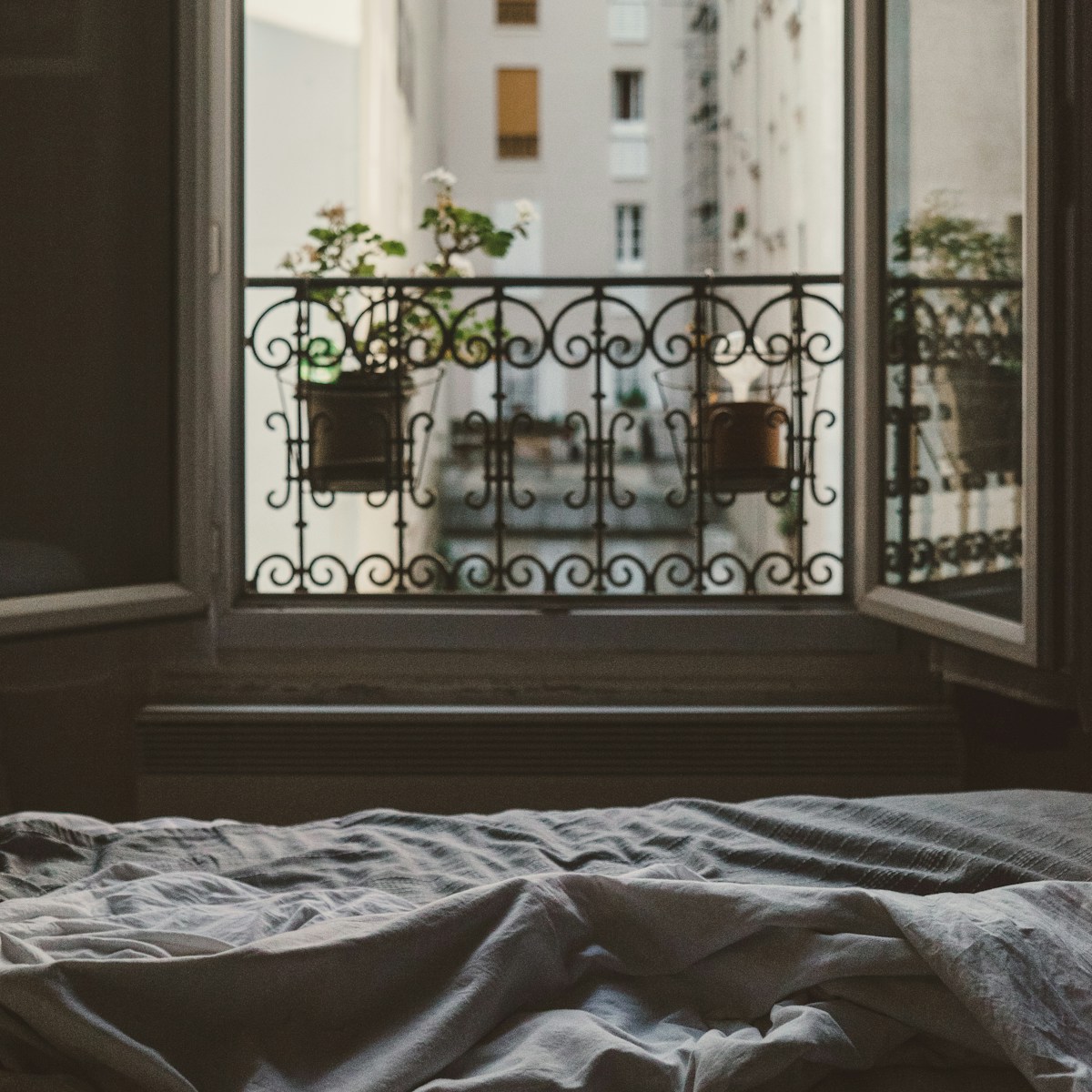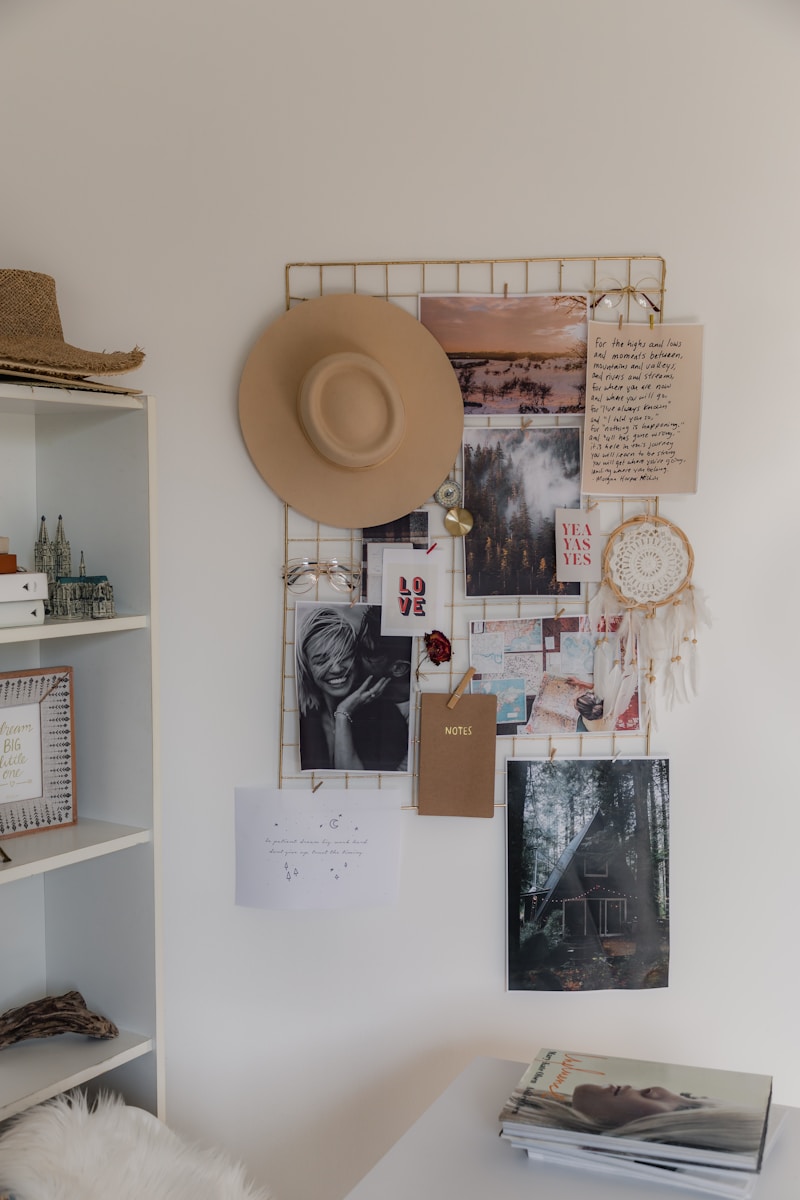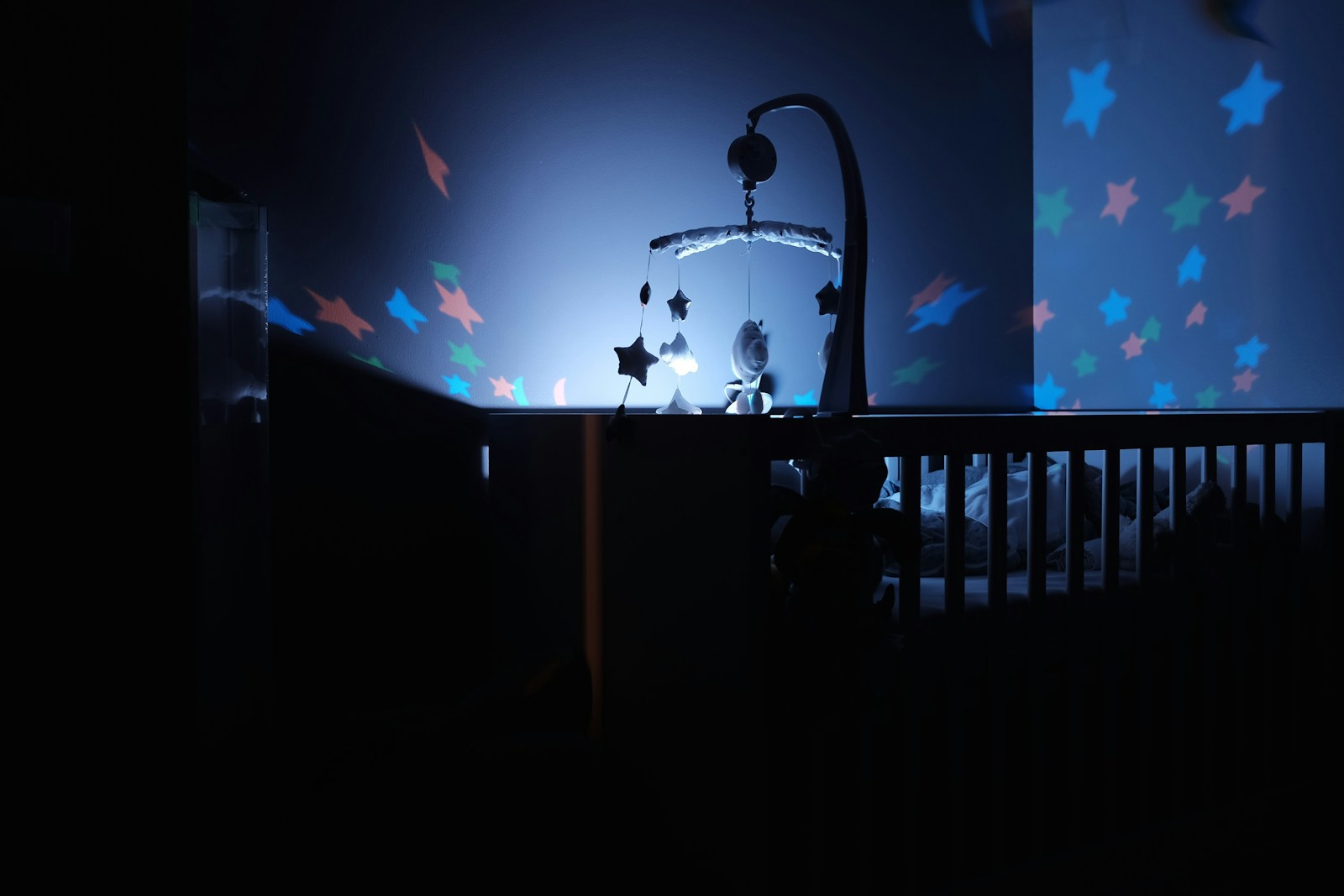
Introduction
Sleep is an essential aspect of our overall well-being. It not only helps us feel refreshed and rejuvenated but also plays a vital role in maintaining optimal health. Did you know that your sleep style can have a significant impact on the quality of your sleep? We all have unique preferences when it comes to sleep, and understanding your sleeper type can help you make adjustments to maximize your Zzz’s. In this article, we will explore different sleep styles and provide personalized tips for each type of sleeper.
Why Sleep Style Matters
Our sleep styles are influenced by various factors, including our preferred sleep schedule, internal clock, energy levels throughout the day, personality traits, and even our feelings about bedtime. While there is no right or wrong sleep style, being aware of your preferences can help you create an optimal sleep environment and establish healthy sleep habits.
Knowing your sleep style can also help you understand any challenges or issues you may be facing with your sleep. Whether you’re a restless sleeper, a night owl struggling to wake up early, or someone who experiences difficulty falling asleep, identifying your sleep style can guide you in making the necessary adjustments to improve your sleep quality.
The Different Sleeper Types
The Power Napper
The Power Napper is someone who thrives on short bursts of sleep throughout the day. They may take quick power naps to recharge and boost their energy levels. Power Nappers often have a flexible sleep schedule and can easily adapt to changes in their routine. If you resonate with this sleep style, here are a few tips to enhance your sleep:
- Create a nap-friendly environment: Ensure your sleeping space is comfortable, quiet, and dark. Use earplugs, eye masks, or white noise machines if necessary.
- Keep naps short: Limit your naps to 20-30 minutes to avoid interfering with your nighttime sleep.
- Establish a consistent nap routine: Set a regular time for your power naps to train your body to relax and fall asleep quickly.
- Avoid caffeine close to nap time: Caffeine can disrupt your ability to fall asleep, so it’s best to avoid it a few hours before your scheduled nap.
The Night Owl
Night Owls are individuals who naturally prefer to stay up late and find it challenging to wake up early in the morning. They often experience a burst of energy and creativity during the late hours. If you’re a Night Owl, here are some tips to optimize your sleep:
- Create a sleep-friendly environment: Make your bedroom conducive to sleep by keeping it cool, dark, and quiet. Consider using blackout curtains or a sleep mask to block out any light.
- Establish a consistent bedtime routine: Develop a relaxing routine before bed to signal to your body that it’s time to wind down. This could include activities such as reading, taking a warm bath, or practicing meditation.
- Limit exposure to blue light: Reduce your exposure to electronic devices, such as smartphones and tablets, before bed, as the blue light emitted can interfere with your sleep-wake cycle. Consider using blue light filters or wearing blue light-blocking glasses.
- Gradually adjust your sleep schedule: If you need to wake up earlier, gradually shift your bedtime earlier by 15-30 minutes each night until you reach your desired wake-up time.
The Early Riser
Early Risers are individuals who naturally wake up early in the morning and feel most productive during the early hours of the day. They tend to feel sleepy earlier in the evening and prefer to go to bed early. If you resonate with this sleep style, here are some tips for optimizing your sleep:
- Expose yourself to natural light: Open your curtains or go outside in the morning to expose yourself to natural light. This can help regulate your internal clock and promote wakefulness.
- Avoid stimulating activities before bed: Engage in relaxing activities such as reading, listening to calming music, or practicing gentle stretching exercises before bed to prepare your body for sleep.
- Create a soothing sleep environment: Ensure your bedroom is cool, quiet, and comfortable. Consider using a white noise machine or earplugs if there are any disturbances that may disrupt your sleep.
- Stick to a consistent sleep schedule: Establish a regular sleep routine by going to bed and waking up at the same time each day, including weekends. This helps regulate your body’s internal clock and promotes better sleep quality.
The Restless Sleeper
Restless Sleepers are individuals who often find it challenging to stay still during sleep. They may experience frequent movements, toss and turn, or even talk or walk in their sleep. If you’re a Restless Sleeper, here are some tips to promote better sleep:
- Create a comfortable sleep environment: Use a supportive mattress and pillows that suit your preferences. Experiment with different sleep positions to find the one that provides the most comfort.
- Practice relaxation techniques: Incorporate relaxation techniques into your bedtime routine, such as deep breathing exercises, progressive muscle relaxation, or gentle stretching. These techniques can help calm your body and mind before sleep.
- Establish a consistent wind-down routine: Engage in relaxing activities before bed, such as reading a book or taking a warm bath, to signal to your body that it’s time to relax and prepare for sleep.
- Consider seeking professional help: If your restless sleep significantly impacts your quality of life or if you suspect you may have a sleep disorder, consult with a healthcare professional or a sleep specialist for further evaluation and guidance.
The Light Sleeper
Light Sleepers are individuals who are easily awakened by even the slightest noise or movement. They may struggle to stay asleep and often experience fragmented sleep patterns. If you’re a Light Sleeper, consider the following tips to improve your sleep:
- Create a sleep-conducive environment: Use earplugs, white noise machines, or soundproof curtains to minimize external noise disturbances. Ensure your bedroom is as quiet as possible.
- Eliminate light sources: Use blackout curtains or eye masks to block out any light that may interfere with your sleep. Consider covering electronic devices or using dimmer switches to reduce artificial light in your bedroom.
- Establish a relaxing bedtime routine: Incorporate activities that help you unwind before bed, such as reading a book, practicing meditation, or taking a warm bath. This can help signal to your body that it’s time to sleep.
- Practice stress management: If stress or anxiety is contributing to your light sleep, consider incorporating stress management techniques into your daily routine, such as mindfulness exercises or journaling.






